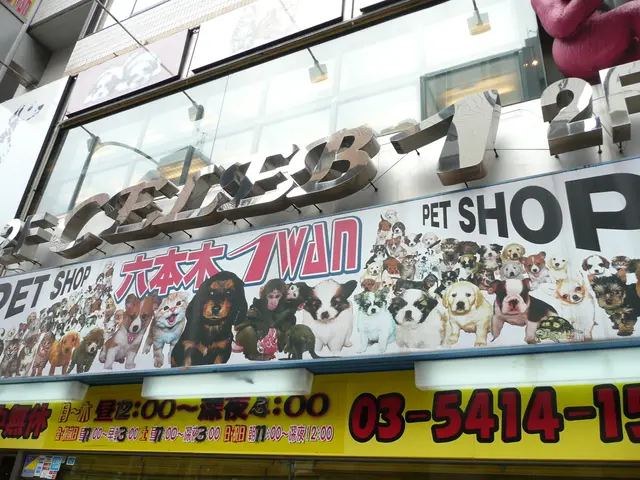France's social impact investment sector in retail nets €29.4 billion
France's Social Impact Finance Expands Notably, Reaching €29.4 Billion in 2024
The 23rd annual Social Impact Finance Barometre, a joint publication by France's social impact investment association FAIR and daily newspaper La Croix, has revealed that social impact finance in France continued to expand in 2024. The total retail market size reached approximately €29.4 billion, marking a 7% increase over the previous year.
Julia Robin, advocacy officer for FAIR, called for more investment to address social inequality and environmental challenges. She attributed the growth in direct investments to investors' increasing appetite for impact-focused solutions and the growing maturity of this segment.
Employee savings schemes, which make up 60% of France’s social impact investment landscape, grew by 6% with a net inflow of €600 million. The bank and insurance channel accounted for €11.9 billion and grew by 7%. Direct investment, involving equity and bonds issued by social enterprises, was the smallest but fastest-growing channel, increasing by 10% to reach €1.2 billion.
The funds have supported various social objectives such as improving elderly home care, enhancing housing and social inclusion for vulnerable populations, promoting sustainable agriculture, and financing public good projects like schools, nurseries, libraries, broadband infrastructure, and urban renewal through specialized social bonds.
One notable example is Caisse Française de Financement Local (Caffil) issuing a landmark €1.25 billion social covered bond in September 2024 to finance local authority projects in education, culture, and development.
Patrick Sapy, CEO of FAIR, reaffirmed that enthusiasm for solidarity-based products remains strong. Nearly 2 million savers now understand that solidarity finance offers concrete, useful solutions for all French people.
In 2024, social impact savings as a share of total French household savings increased from 0.45% to 0.46%. The expansion of social impact finance also led to the creation or maintenance of 21,000 jobs, 3,000 people were rehoused, 2,400 hectares of organic agriculture were financed, and 6,675 people were supplied with electricity from renewable sources.
Additionally, 168 farmers were supported, and 29 microfinance institutions, agricultural cooperatives, and social enterprises were financed in developing countries, improving access to essential goods and services. Some of the enterprises that benefited from direct contributions include 3 Colonnes, Habitat et Humanisme, and Terre de Liens.
As ESG (Environmental, Social, and Governance) criteria and sustainable development goals become integral to investment strategies, direct investments in social enterprises are expected to become increasingly attractive. This trend is expected to accelerate, further enhancing both the scale and social outcomes of investments.
- To address growing social inequality and environmental challenges, there is a call for more investment in social impact finance, as its development finance and personal-finance channels continue to expand, such as the €1.2 billion direct investment increase in 2024.
- The expansion of social impact finance not only contributes to financial growth but also creates tangible impacts on society, with examples like the 21,000 jobs created, 3,000 people rehoused, and 6,675 people supplied with electricity from renewable sources in 2024.
- As ESG criteria and sustainable development goals become increasingly important in investment strategies, investing in social enterprises through blended finance and personal-finance channels is expected to become more attractive, potentially leading to increased scale and social impact.






